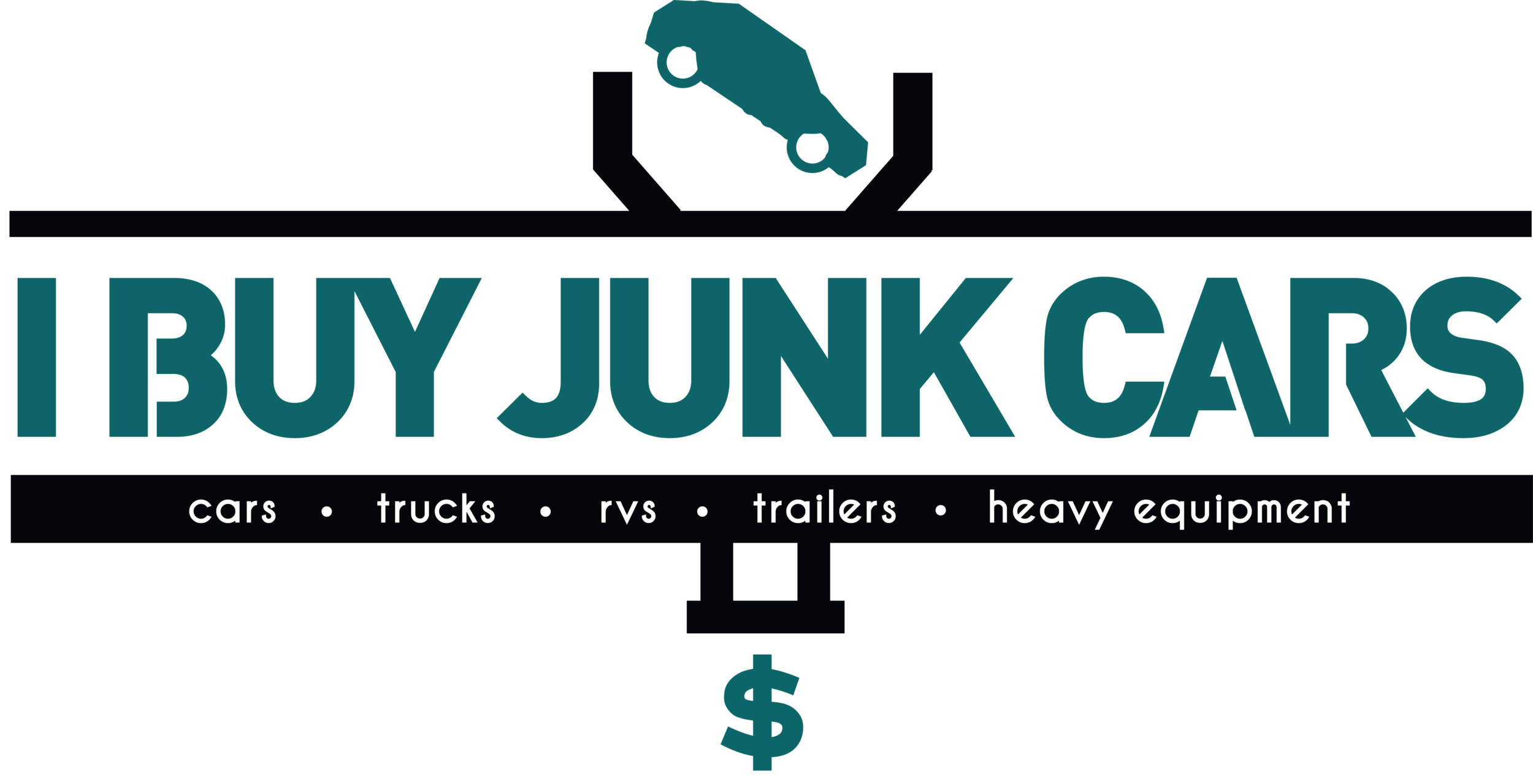Ten Things to Teach Your Kid About Cars Before They Leave Home
Summer is almost over, and for many families, it’s time to send their teenager away to college. For a number of these kids, going to college is their first foray into the world of adult responsibilities without parents on hand to help.
In the Phoenix area junk car business, we see cars that have fallen prey to the inexperience of college students when it comes to auto maintenance.
Parents can help ease the transition to independence by offering kids the tools they need to maintain their vehicles while they’re away. We’ve compiled a list of basic automotive skills parents can help their children master before they leave the nest.
1. Check the fluids
Maintaining fluids at the levels recommended in the owner’s manual will extend the life of the car. If the car doesn’t already have a manual, it’s highly worthwhile to get one, mark and highlight the pages.
2. Tire Pressure
Check tire pressure once a month, advises Dan Brown, assistant manager of S & S Tires in Peoria. Look for anything odd, such as nails, bulges, or uneven wear. A spare tire is imperative, even if they have emergency road service, which can be extremely helpful for a teen who is far from home.
3. How to jump start a car
Having a dead battery is not an optional occurrence. Sooner or later 100% of all drivers experience this, especially in areas where the heat is intense and tends to kill batteries off faster. Learning to jump start their car is something that every teenager should learn to do before they have to potentially trust an utter stranger to know how to do it for them, possibly damaging the wiring of their car.
4. Paying attention to sensor lights
Sensor lights only go on when there is something wrong. If the check engine light comes on, it could be something as simple as a loose or missing gas cap, which they can check themselves immediately. If that isn’t the case, the local auto parts shop can run a diagnostic on it, unless the car is already smoking, stalling, or some other high alert behavior, which is where that emergency road service can come in pretty handy.
5. Find a reputable repair shop
When they get to their new school, finding a shop may not be a priority until something breaks. But, encourage the student to find a shop before a significant repair. Some ways to do that are online reviews such as Yelp and Google +, or asking specialty shops who they recommend for general repairs since most reputable automotive shops know one another.
6. Try out the new shop with a smaller repair, an oil change or some other miscellaneous service.
Using a small service as a test will give the student a means to gauge whether or not they like that particular shop, if the shop is clean and well-run, or if they engage in high-pressure sales tactics to tack on additional charges.
7. Keep the gas tank from getting empty
The gas tank has a fuel pump which, if the tank is allowed to go dry, can severely damage the fuel pump, resulting in an expensive repair. While plastic is handy, kids should always keep a small amount of cash on hand to buy gas if the card doesn't have a balance or is declined for some reason.
8. Using their senses in their vehicle.
One of the most valuable tools a driver has is the ability to be in tune with his vehicle. Teaching kids to listen to their gut--and their sense--when they’re in their vehicle can pay off. They should learn to respond when they smell something strange, feel changes in the way the car responds or rides, hear a noise, or see smoke, leaking fluids, or something else which tells them the car has a repair issue. Catching a problem when it’s small can save money in the long run: for example, a missing oil plug can cost the price of a little oil, or the price of a new engine, depending on how soon it’s caught.
9. Respect the local road rules
One of the things that can surprise a student is the differences in traffic laws in various locales. Urge them to watch their speed, avoid texting, eating, or grooming in their car, and make it a point to learn the differences in local laws, signage, and even driver idiosyncrasies. Discuss what they’ll need in their possession in the event they have an accident or get pulled over.
10. When to call for help
Learning when it's time to call for help, whether it be a tow truck, emergency road service, or a locksmith, is often a skill learned by happenstance. But, there are tools to help. For example, if they have emergency road service as part of their insurance, make sure they understand the terms and how to use it.
If you are in the Phoenix Metro area and want a no-hassle cash quote for an old, wrecked, unwanted, salvage or burned car, SUV, van or truck, give us a call at I Buy Junk Cars. 480-771-8290.




